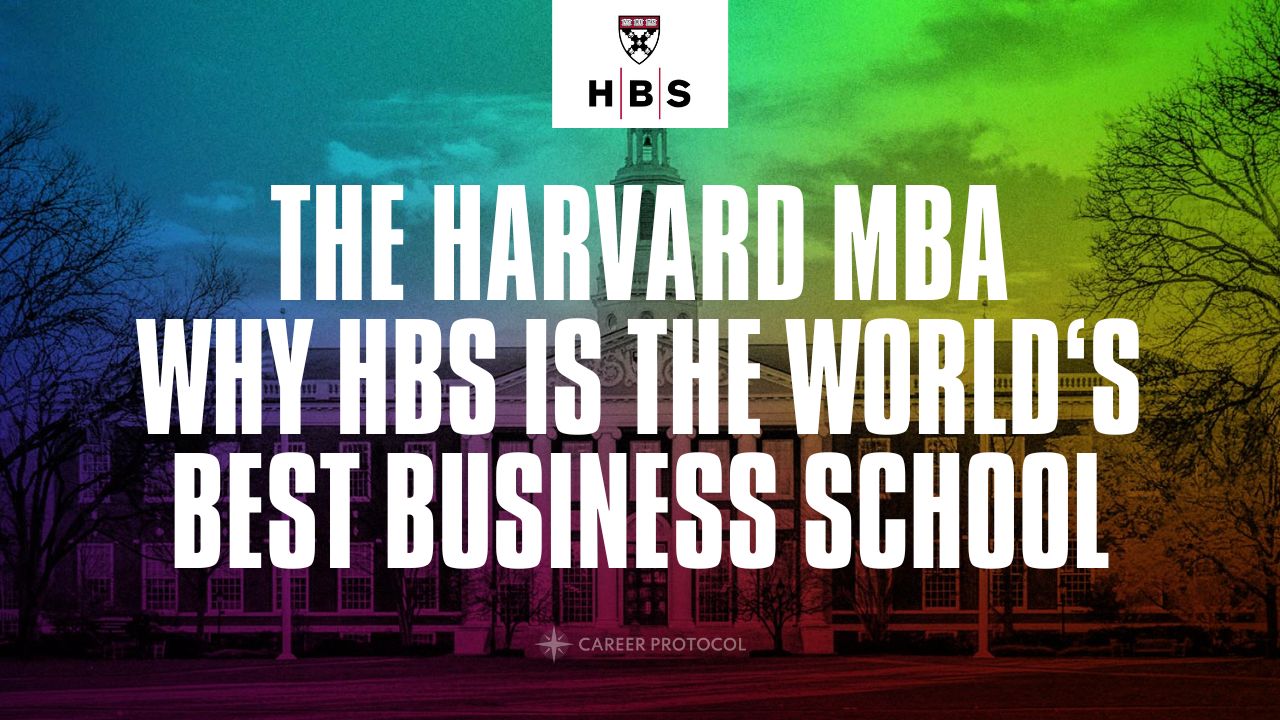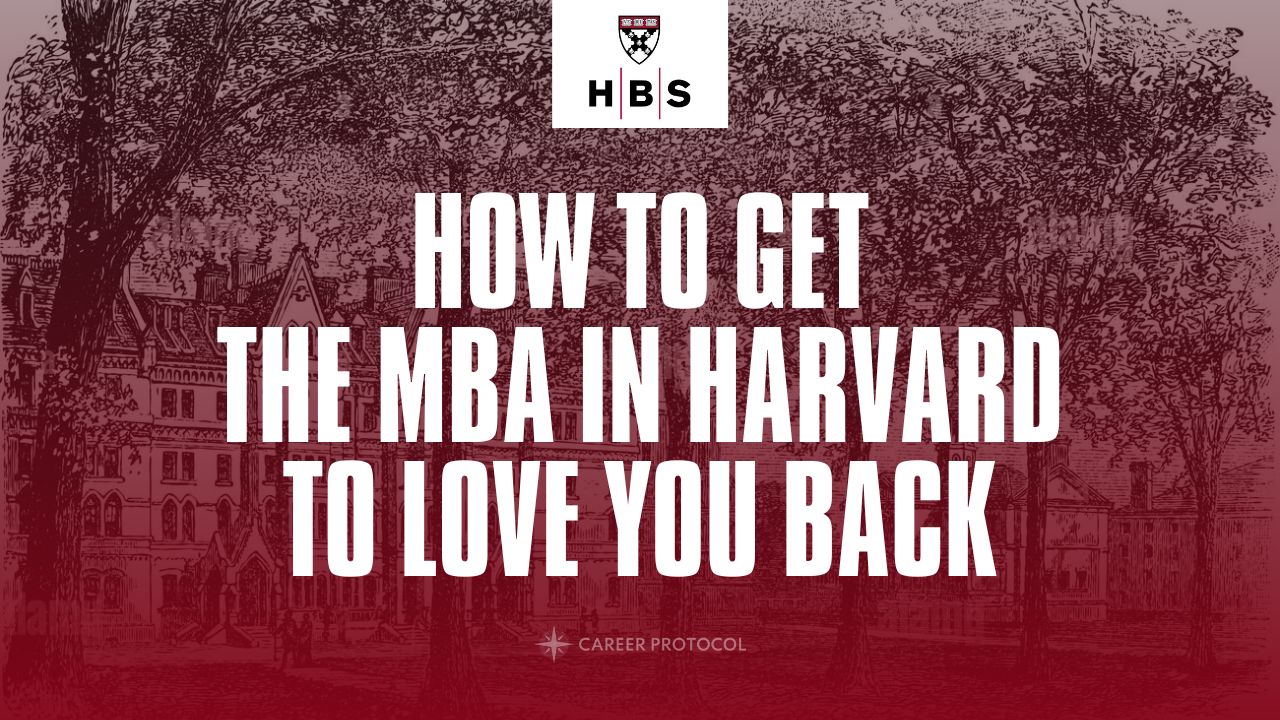
The Harvard MBA: Why HBS is the World’s Best Business School
The Harvard MBA: Why HBS is the World’s Best Business School Table of Contents Why we love Harvard Values and Mission Pedagogy Must Knows Culture Post-Harvard Earning Potential Intimate Secrets





